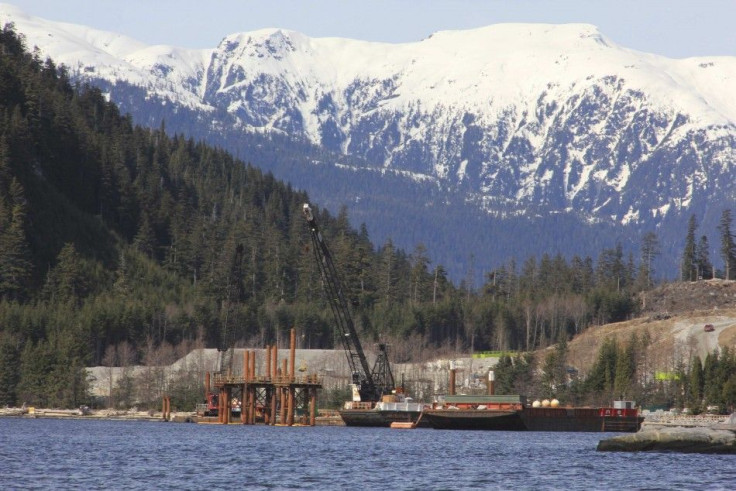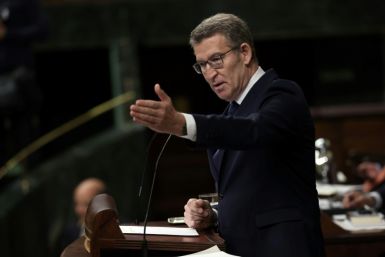Global energy shortage a myth, availability will only double, says oil major BP

Oil major BP has claimed that earth will never run out of oil or gas. The existing technology is capable of unlocking more global reserves and increase energy output, which will double by 2050 despite soaring consumption. The findings are part of an industry outlook published by the oil major.
David Eyton, BP Group Head of Technology, said when all forms of accessible energy forms such as nuclear, wind and solar are pooled together, there will be sufficient energy availability -- 20 times more than the actual global demand.
“Energy resources are plentiful. Concerns over running out of oil and gas have disappeared,” Eyton said at the launch of BP's inaugural Technology Outlook, Reuters reported.
Projections
The BP outlook report said global fossil fuel resources would spurt from 2.9 trillion barrels of oil equivalent (BOE) to 4.8 trillion BOE by 2050.
It will be double the projected 2.5 trillion BOE global demand by 2050, BP said. In fact, under improved exploration technology, the resources would be a staggering 7.5 trillion BOE, Eyton added.
Noting that despite intense exploration by oil and gas companies using chemicals, super computers and robotics, he said, there is more scope for further exploration. But the falling oil prices are affecting many mega projects. Projects, with a collective worth of around US$200 billion (AU$277.49 billion), has been stopped in recent months.
Clean energy
The climate change mitigation policies are gaining momentum and the world will reduce reliance on fossil fuels and replace them with cleaner sources of energy. Governments are adopting policies that limit carbon emissions to combat global warming.
“A price on carbon would advantage certain resources,” Eyton said.
The governments will have to abide by the limit on global warming being set by the United Nation's climate summit in Paris. Many European oil companies have already urged policy makers to introduce global carbon price mechanism to favour natural gas in place of costly coal.
Meanwhile, TransCanada Corp. suspended its pending US permit request for the controversial US$8 billion (AU$11 billion) Keystone XL oil pipeline project.
TransCanada, in a letter to US Secretary of State John Kerry, asked the department to pause the review of the Presidential Permit application for the pipeline and said there is precedent for its action.
In the letter to Kerry, Kristine Delkus, TransCanada executive vice president said the pause was needed “to allow time for certainty regarding the Nebraska route," reports Naturalgas Intel.
The review will be undertaken by the Nebraska Public Service Commission. As far as TransCanada is concerned, Keystone XL is a major energy artery to move crude oil and Canadian oil sands supplies to US refineries.
For feedback/comments, contact the writer at feedback@ibtimes.com.au or let us know what you think below.






